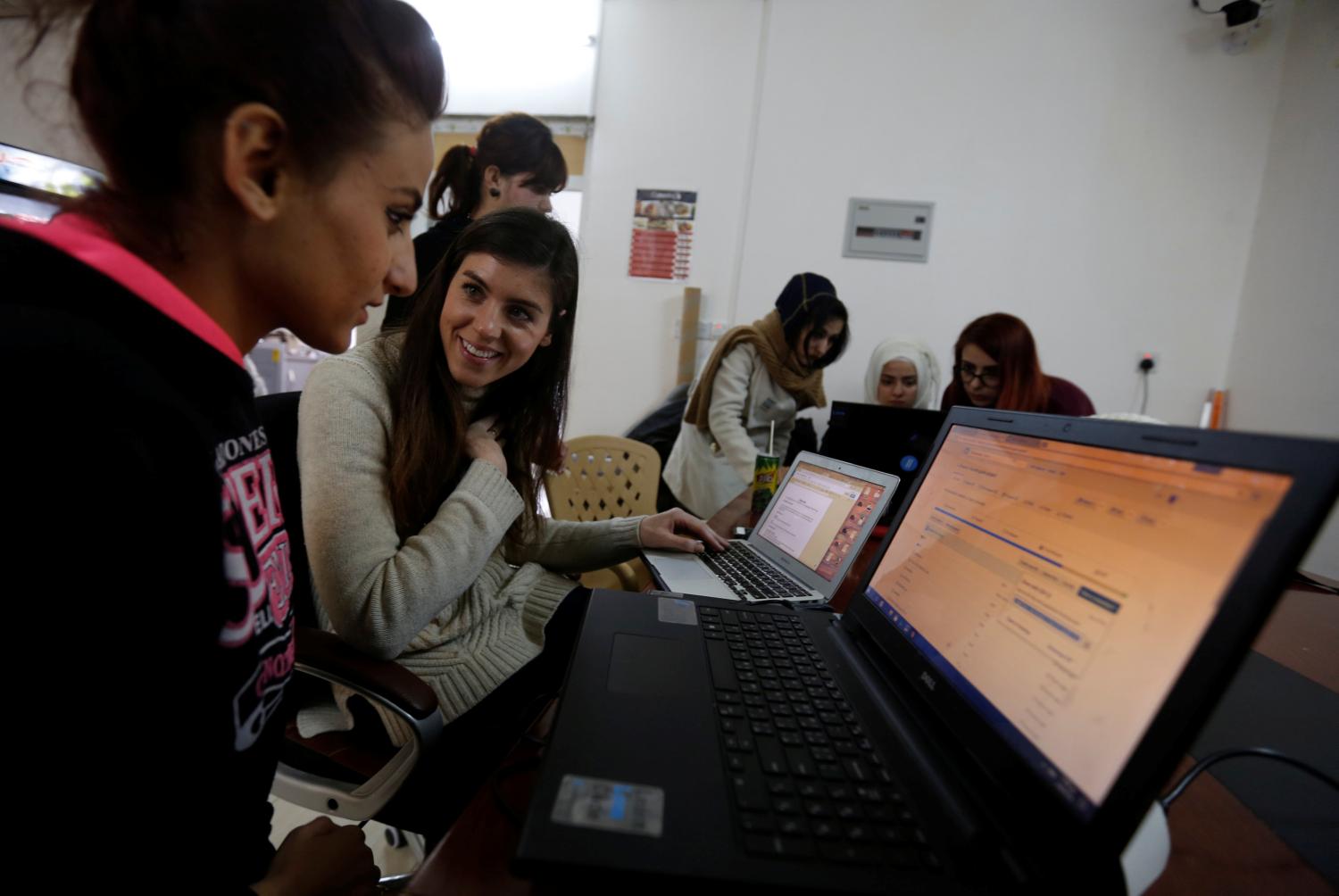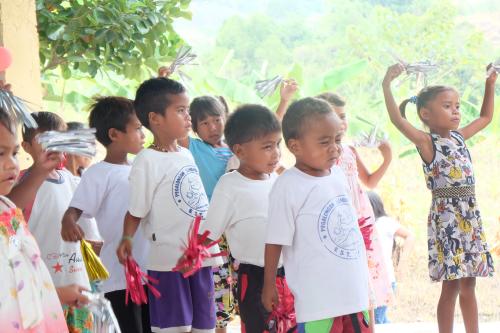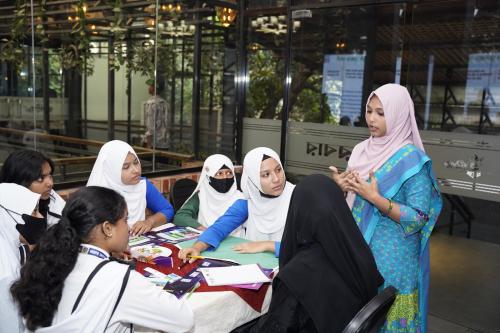The blog is a part of a series of quarterly updates on the progress of the breadth of skills movement across education systems throughout the world.
As highlighted at the Center for Universal Education’s Annual Research and Policy Symposium at Brookings on April 5, 2017, formal education systems at the global, regional, and national levels acknowledge that for students to be successful in the 21st century they will need a broad range of skills. According to an initial scan of 102 countries as part of our Skills for a Changing World project, many countries have adopted a breadth of skills approach in their national education policies and curricula. However, the degree to which the skills movement is reflected by education systems differs across countries. For instance, some countries may identify a broad range of skills only within their mission and vision statements, whereas other countries may discuss skills throughout their mission and vision statements, curriculum, other policy documents, as well as provide progressions of skill acquisition at each level of formal education.
Updated Findings
This is the second quarterly update in a series that examines the breadth of skills movement in national policies. With each update, additional country data collected are added to analysis of existing data. For this quarterly report, 21 updates were made between January 2017 and April 2017; there are now 131 countries included in the global scan. Figure 1 provides a summary of the 18 countries that were added, as well as the three countries that were updated. The interactive map portraying the breadth of skills movement across education systems now reflects these additions and updates.
Updates to country data already represented in the mapping show that the Philippines meets the criteria for skills progression; Japan meets the criteria for skills identified in the vision and mission statements; and China meets the criteria for identifying skills in the curriculum.
Figure 1: Summary of updates for 21 education systems
| Country | Status (New or Update) | Information Updated |
| Anguilla | New | |
| Bahamas | New | |
| Barbados | New | |
| Bermuda | New | |
| British Virgin Islands | New | |
| China | Update | New information was found in a UNESCO report on the National Curriculum for Basic Education in The People’s Republic of China regarding the integration of 21st century skills in the curriculum. |
| Czech Republic | New | |
| Federated States of Micronesia (FSM)* | New | |
| FSM Kosrae* | New | |
| FSM Pohnpei* | New | |
| France | New | |
| Gambia | New | |
| Grenada | New | |
| Japan | Update | New documentation from the Basic Act on Education was found for the vision and mission statement that includes 21st century skills. |
| Macao | New | |
| Papua New Guinea | New | |
| Paraguay | New | |
| Peru | New | |
| Philippines | Update | New information about the progression of skills was found according to the latest curriculum reform. |
| Spain | New | |
| Uruguay | New |
*Note: The Federated States of Micronesia (FSM) is an independent sovereign island nation consisting of four states, two of which are included in the data: Pohnpei and Kosrae.
The updates continue to provide evidence of a shift toward a broader focus on skills beyond literacy and numeracy. Figure 2 shows the inclusion of skills at each of the four sets of information that were examined (mission/vision statements, skills identified in policy documents, skills in curriculum, and skills progression).
Data indicate that more countries meet the criteria for skills mentioned somewhere in the national policy documents (76 percent) and in the curriculum (51 percent) than the criteria regarding skills in mission and vision statements (37 percent). However, it is far less common for countries (13 percent) to include in their policy documents an understanding of skills progression over time. It is important to note that these findings are not generalizable to all countries and are, instead, specific to the 131 countries included in the database.
Figure 2. Inclusion of skills in national documents

As mentioned earlier, countries continue to differ in how they consistently identify skills across the four sets of information that were examined. Figure 3 shows that about one-third of the countries included in the database meet the criteria for integrating skills in two of the four categories. In contrast, only 7 percent of the countries included in the database meet the criteria for all four categories.
Figure 3. Number of categories that mention skills

A combination of social and cognitive skills was most frequently identified within policy documents across all of the countries, which is also consistent with findings from the initial scan and the January 2017 update. Communication, creativity, critical thinking, and problem solving continue to be the four most frequently mentioned skills, as displayed in Figure 4.
Figure 4. Most frequently identified skills in government documents

The next update will be provided in summer 2017. Please help track the breadth of skills movement globally by adding new country data or sharing any missing information on our interactive map. We are especially seeking new data from the Central and Eastern Europe region as well as Northern Africa.
For a deeper look at how a few countries perceive breadth of skills in their education systems, please see our latest report on Skills for a changing world: National perspectives and the global movement.
The Brookings Institution is committed to quality, independence, and impact.
We are supported by a diverse array of funders. In line with our values and policies, each Brookings publication represents the sole views of its author(s).








Commentary
New data on the breadth of skills movement: Consolidation
April 26, 2017